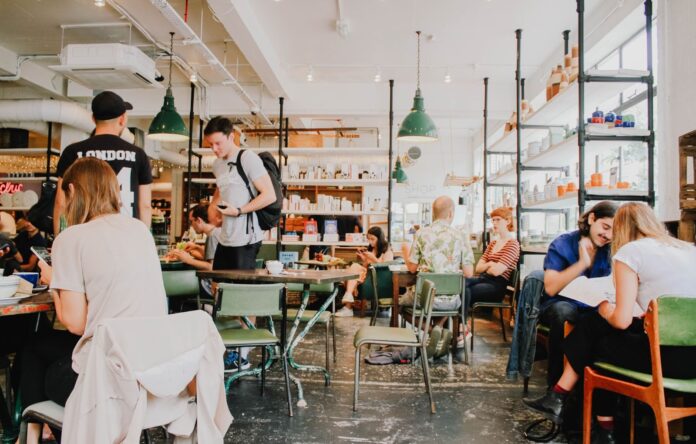In today’s digital age, social networks have become integral to our lives. They allow us to connect with friends and family, share experiences and opinions, and stay up-to-date on the latest news and trends. But what about Thailand? How prevalent are social networks in this Southeast Asian nation? Join us as we explore the world of Thai social media, from its impact on society to tips for using it safely. Get ready to dive into a fascinating cultural experience!
Social Networks in Thailand
Thailand has over 69 million people with a strong cultural identity and an equally strong interest in social media. Facebook dominates the Thai social network scene, with over 50 million active users as of January 2021. Other popular platforms include Instagram, Twitter, and LINE.
What’s interesting about ปั้มไลค์ Thailand’s social media landscape is how it reflects the country’s unique blend of modernity and tradition. You’ll find everything from cutting-edge fashion bloggers to spiritual gurus sharing insights on Buddhism and meditation.
Social networks also play an essential role in Thai politics, with citizens using them to express their views on government policies and engage in political discussions. However, this has led to concerns about censorship and online harassment by authorities.
Despite these challenges, Thailand remains one of Southeast Asia’s most vibrant digital communities – where people come together to share ideas, connect, and shape the future of their country.
The Effect of Social Media on Thai Society
Social media has become an integral part of Thai society in recent years. It has changed the way people communicate, interact, and share information. With more than 50 million internet users in Thailand, social media platforms such as Facebook, Twitter, Instagram, and LINE have gained enormous popularity among Thais.
One significant effect of social media is its impact on politics. In the past decade, political discussions on social media have been crucial for mobilizing protest movements and expressing dissenting views against government policies. Social media played a pivotal role during the 2010 Red Shirt protests when activists ปั้มไลค์ it to spread their message far beyond traditional channels.
Another effect of social media is that it has transformed how businesses market themselves to consumers. Brands can now reach out directly to customers through targeted ads on popular platforms like Facebook and Instagram. This method allows companies to tailor their messages according to interests indicated by users who engage with them online.
Moreover, relaying news content through social networks raises concerns about fake news spreading quickly via these sites without fact-checking verification from reliable sources, leading viewers to believe false narratives that result in disinformation campaigns targeting individuals or groups vulnerable to conspiracy theories.
Impact of Social Media on Everyday Life
Social media has significantly impacted the everyday lives of Thai people. It has become a significant source of communication, entertainment, and even news for many individuals. People use social networks to connect with friends and family, share their thoughts and opinions on various topics, and stay current on local and global events.
The rise of social media platforms has also changed the way businesses operate in Thailand. Many companies have started using these platforms to promote their products or services to potential customers. Social media influencers have also emerged, becoming essential to marketing strategies for brands across different industries.
However, like any tool that can be misused if not handled properly, there are also negative impacts associated with excessive use of social media in Thailand. Studies show that excessive social media usage decreases productivity at work or school since it is easy to get distracted by notifications from these platforms while learning or working.
How to Use Social Networks Safely in Thailand
Thailand has a rapidly growing social media landscape, but using these networks safely is essential. One way to stay safe is by being mindful of what you post online. Think twice before sharing personal information or sensitive data that could make you vulnerable.
Another tip for using social networks safely in Thailand is to be aware of potential scams and phishing attempts. Be cautious of links sent through private messages or emails from unknown sources. Always verify the authenticity of any link or website before clicking on it.
Having strong privacy settings on your social media accounts is also crucial. Adjust your profile settings so only trusted people can see your posts and personal information. This reduces the risk of cyberbullying, stalking, or unwanted attention.
Consider enabling two-factor authentication on all social media accounts linked with your email address or phone number as an extra security against unauthorized access.
By following these tips, you can enjoy the benefits of social networking while using them responsibly and staying safe in Thailand’s fast-paced digital world!
Conclusion
Social media has become an integral part of Thai society’s daily life. It has significantly impacted the country’s communication, businesses, and even politics. Social networks such as Facebook, Instagram, Twitter, and Line have gained immense popularity among Thais.
Social media provides a platform for people to connect across borders and share their experiences. However, using these platforms responsibly and safely while safeguarding your privacy is crucial.




